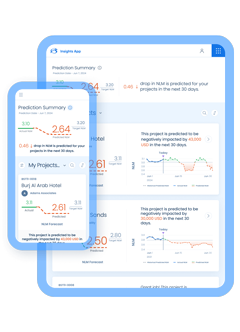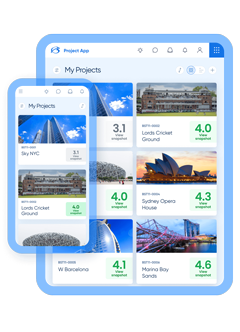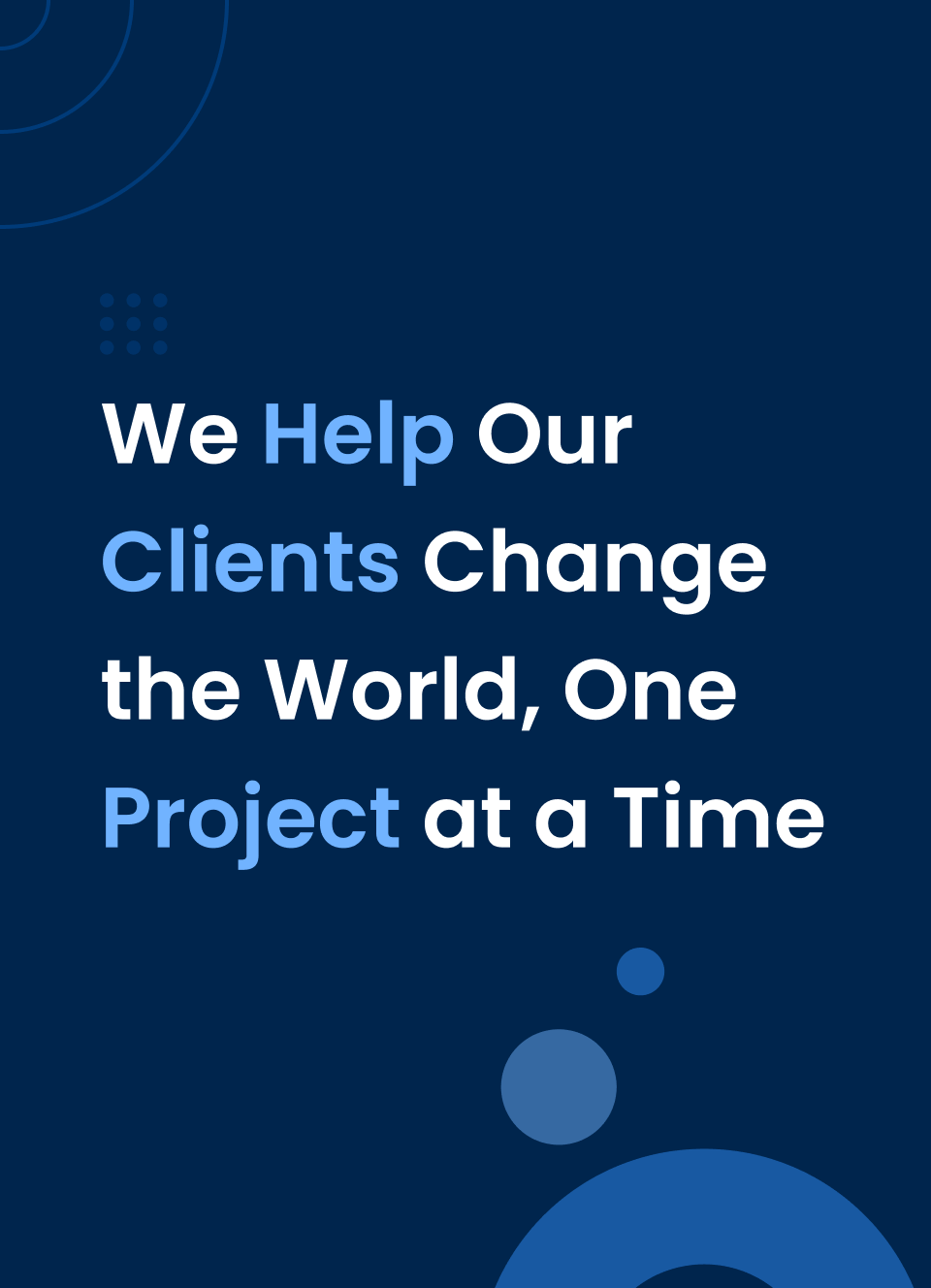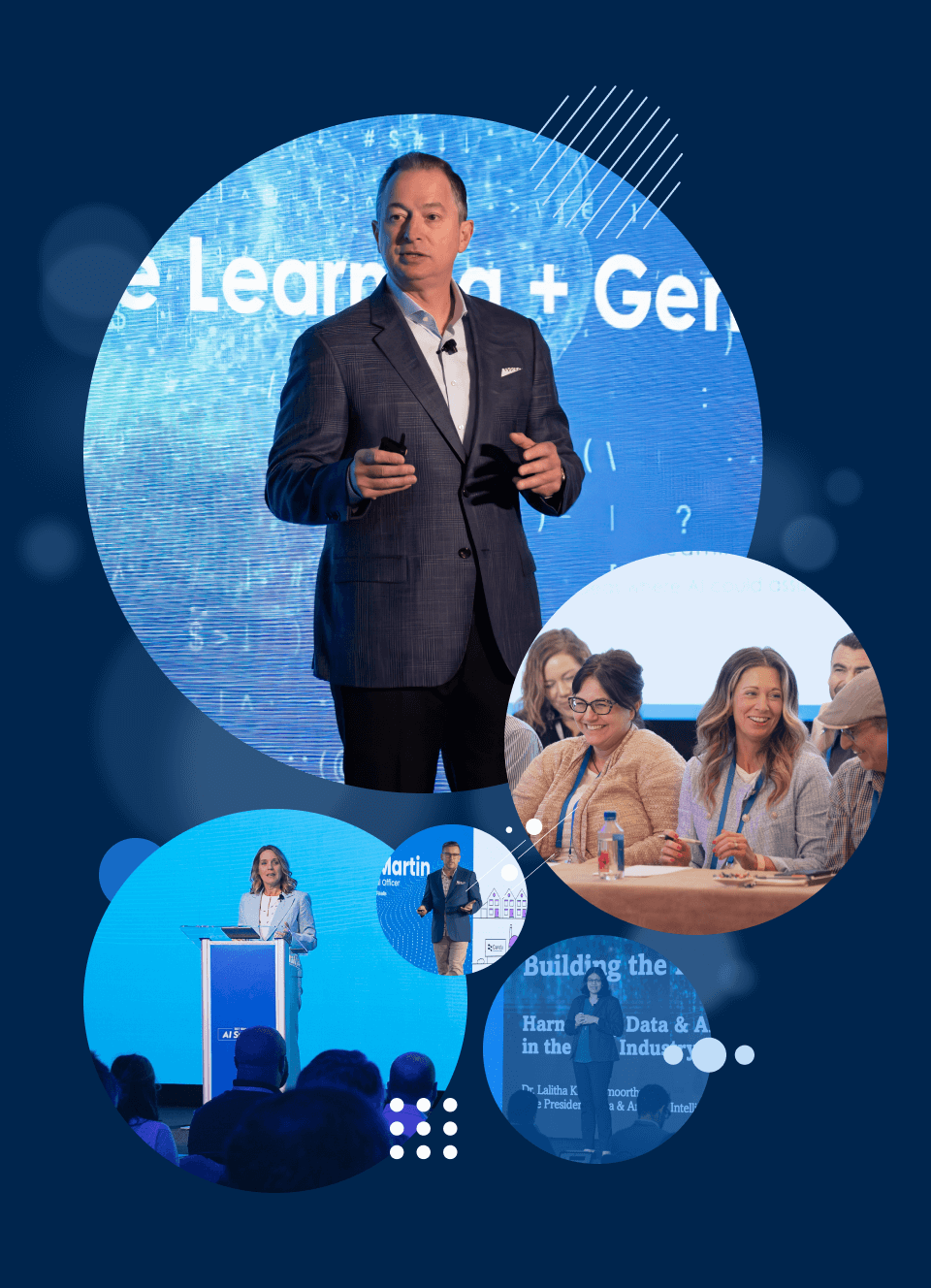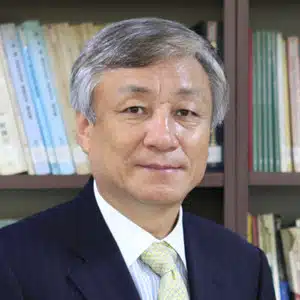When constructing the Roman Empire, one of the most important factors for ancient Romans was engineering techniques.
The difficulties in securing drinking water during the building of cities were overcome with the construction of aqueducts. The enlargement of infrastructure based on engineering techniques such as roads, water and wastewater, and sanitation facilities, made the life of the Roman people prosperous – and it became the solid base for the development of the Roman Empire.
As seen in the example of the Roman Empire, engineering is a very important feature that can promote a nation’s development and solve various social problems.
Today, there are many issues, such as population increase, urbanization, deficiency of resources, and climate change, that need to be resolved to improve the quality of life. Let’s take a look into what role the engineering industry has played and will continue to play in solving these global issues.
URBANIZATION AND POPULATION GROWTH
One of the biggest dangers for human beings is weak urban infrastructure, which arises as a critical problem in developing countries. According to the UNESCO Engineering Report, the world population will increase from 5.1 billion to 6.6 billion by 2025, and the portion of the urban population from 40% to 60%. As urbanization intensifies, cities are facing some of the biggest challenges in terms of climate change, public health, social well-being, and safety.
It is both a chance and challenge for us, as engineering consultants, to supply new cities with urban infrastructure and to improve existing infrastructure. For example, making cities more efficient with less consumption of energy and resources would not only help alleviate threats from climate change, but also decrease the waste of resources, for a better quality of life.
RESOURCE DEFICIENCY
We have and will continue to consume the natural resources of our homeland Earth faster than nature can reproduce them, whilst the world’s population is expected to keep increasing.
Water is one of the harder resources to replace. Many countries in Africa and South-East Asia are currently suffering from diseases and epidemics due to inadequate drinking water. This problem can be solved with a public health-based approach that improves the quality of life at the national level, beyond just the drinking water supply level.
CLIMATE CHANGE
The UNESCO Engineering Report estimates the average global temperature will rise 1.8 to 4.0°C over the 21st century, and warns that a temperature rise of anything over 2.0°C is likely to be catastrophic for the world. Immediate action is therefore needed to prevent catastrophic and irreversible change to the world’s climate.
One of the major areas of need and growth for engineering is in the area of sustainable or green engineering. Countries around the world have begun paying attention to and making efforts toward sustainable development. We should be looking to use sustainable resources for the protection of our environment for future generations. To achieve this, engineering firms must increase the efficiency of facilities and systems, and concentrate on decreasing pollutions. In addition, agreement on climate change should be kept not only by developed countries, but also by developing countries.
Engineering firms play a lot of roles in solving social and environmental problems for the future generation. Therefore, we should consider engineering as a global industry, not a local one, and do our best to work on opportunities and fulfill our duties in order to create a better quality of life.
